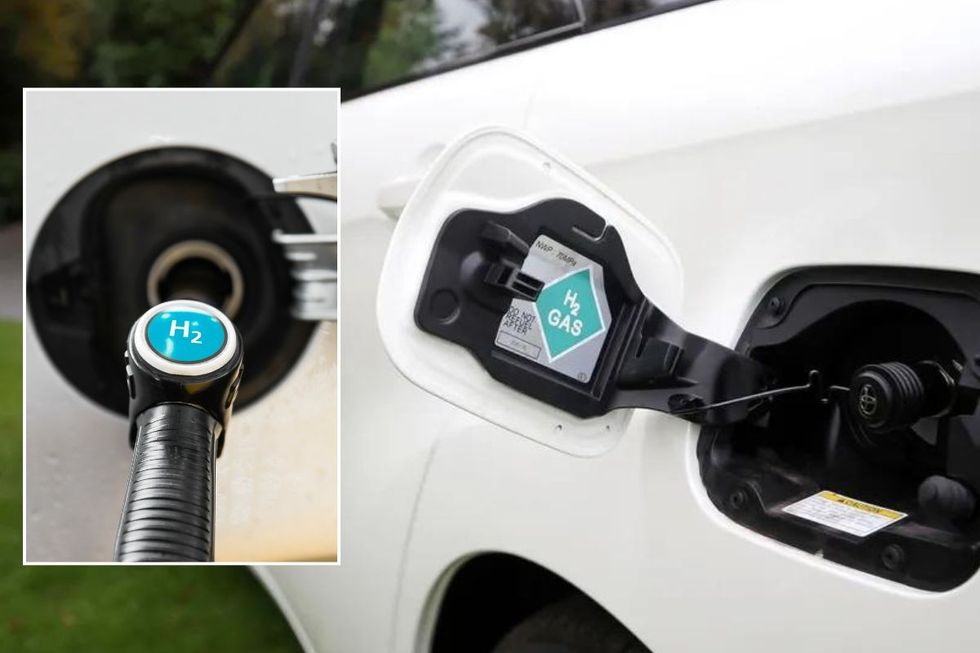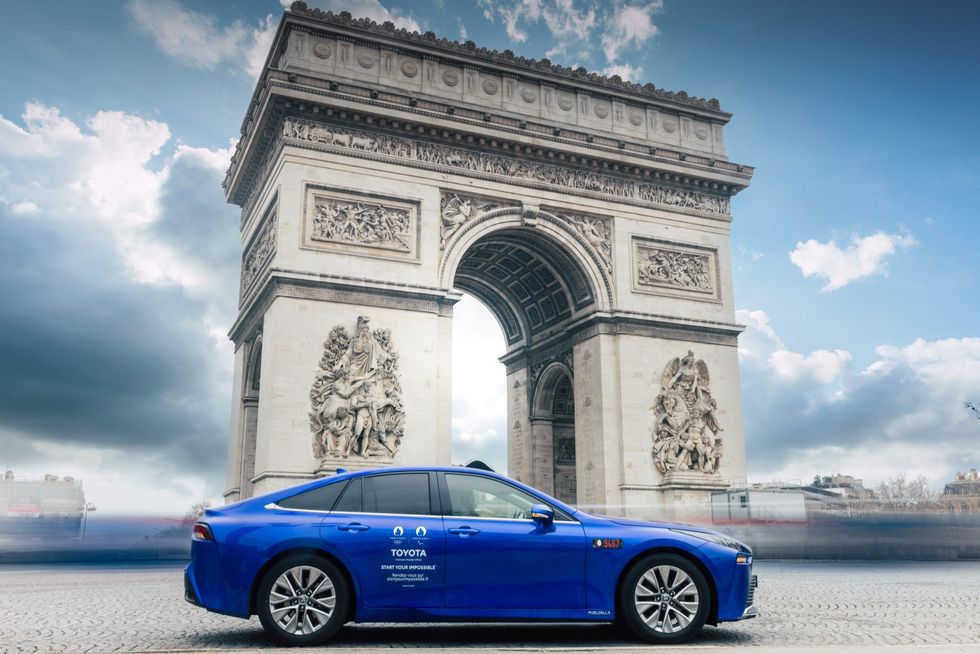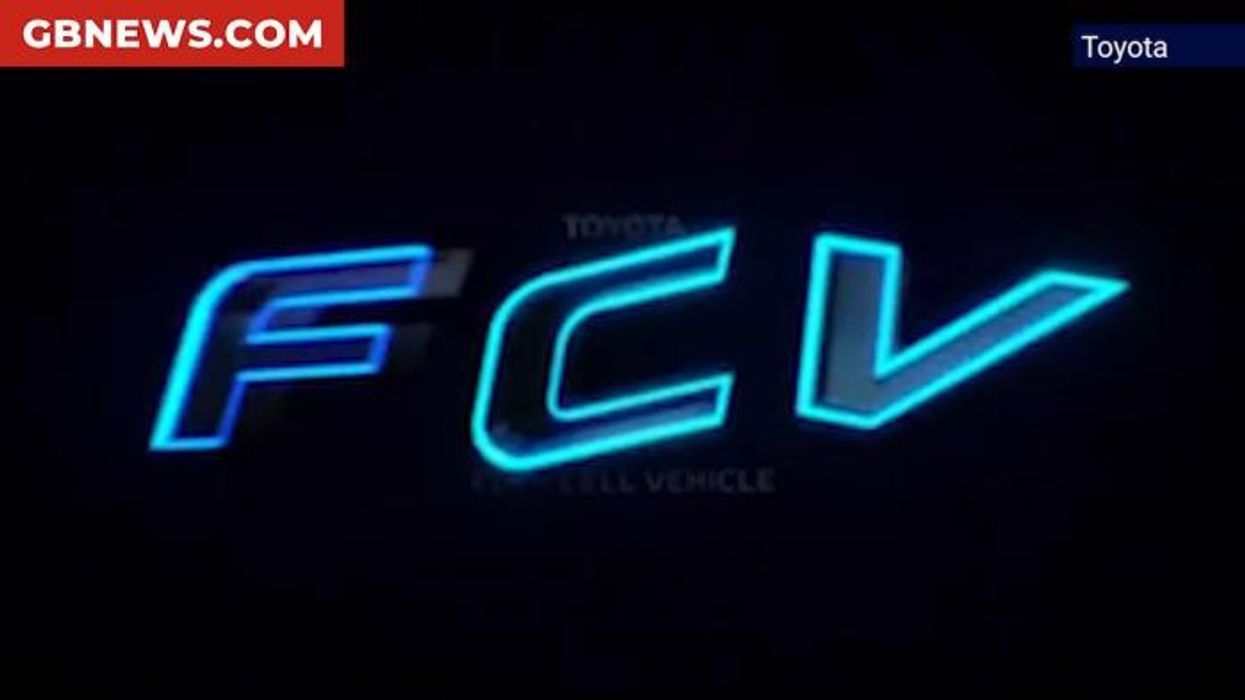Major car brand backs hydrogen and internal combustion engines despite electric vehicle switch

'There is some place, we believe, for fuel cells run by hydrogen'
Don't Miss
Most Read
Latest
A popular car brand could look at developing new hydrogen technology for vehicles to meet demand from drivers and advance its motorsport division.
Pierre-Jean Tardy, chief engineer for hydrogen technologies at Alpine, said the main issue was the network of hydrogen refuelling.
He noted that it was up to governments and international organisations to build up a network, further incentivising people to switch to fuel cell vehicles.
However, he noted that "we do not have this problem" on the racing side of the automotive brand, hinting at a push for fuel cell vehicles in the World Endurance Championship.
Do you have a story you'd like to share? Get in touch by emailing motoring@gbnews.uk

Alpine has backed the use of hydrogen for a range of vehicles
| GETTYAccording to The Times, the WEC intends to introduce a new class for hydrogen-powered vehicles, which is planned to start in 2028 after delays.
The Alpenglow uses a combustion engine which burns hydrogen instead of petrol or diesel. This is different to a fuel cell that combines hydrogen with oxygen to produce water as a by-product.
Tardy said: "A fuel cell in terms of specific power is less [than hydrogen combustion]. Often people say that fuel cells are much more efficient than internal combustion engines.
"This is true at very low to mid load, but as soon as you draw lots of power from your fuel cell the efficiency drops. Whereas on the internal combustion engine the efficiency tends to increase with the load."
He continued, saying that the future of motoring would "of course" contain many electric vehicles, but noted it would be up to consumer demand to influence production.
Tardy added: "There is some place, we believe, for fuel cells run by hydrogen. There is also a place for the internal combustion engine, as we develop here, for different applications."
Alpine currently has two models on the market, including the electric A290, which starts from £33,500 and the A110, which sets drivers back £55,160.
So far this year, Alpine has registered 327 vehicles in the UK, marking an impressive 48.64 per cent year-on-year change.
LATEST DEVELOPMENTS:

The 2025 Alpine A110 range
|ALPINE
Data from the Society of Motor Manufacturers and Traders (SMMT) found that Alpine sold just 220 vehicles by the same time last year, marking a huge rise in interest in the brand.
A new report from Allianz Commercial suggests that hydrogen demand could increase fivefold by 2050 as industries continue to invest in the technology.
The report, entitled "Hydrogen: Opportunities, uses and risks in the energy transition", highlights how fuel cell vehicles could face risks including embrittlement and leaks.
Despite this, it noted how some of the world's most popular manufacturers are making progress with the technology.
 The Toyota Mirai is one of the most popular hydrogen vehicles on the market | TOYOTA
The Toyota Mirai is one of the most popular hydrogen vehicles on the market | TOYOTAVolvo is developing hydrogen-powered trucks that are set to be tested next year, with plans for commercial production by the end of the decade.
Toyota and Hyundai have already launched passenger hydrogen fuel cell vehicles, namely the Mirai and Nexo.
The Allianz Commercial report highlighted how hydrogen internal combustion engine vehicles are also in development.
It added: "CaetanoBus and Solaris have provided hydrogen-powered fleets to a number of European cities, including Paris, London and Barcelona."











